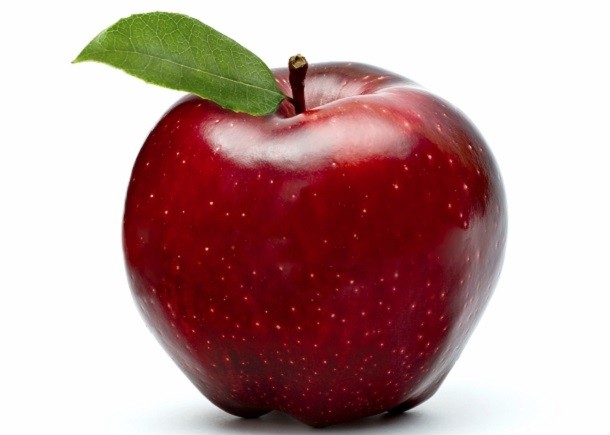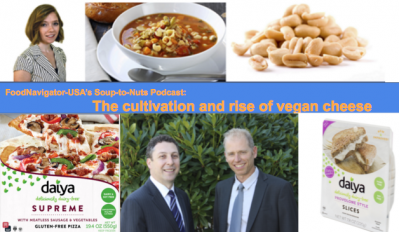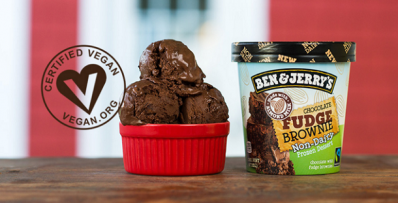Vegan is going mainstream, trend data suggests

In the past, when manufacturers have thought about consumers who eat vegan, they have focused on the small niche group of vegans who make up about 6%* of the U.S. population, said Eric Pierce, director of strategy and insights at New Hope Natural Media, the host of Natural Products Expo West.
But, he added at Expo West March 7, “the reality is we are beginning to see a lot of opportunity that might not have been obvious at the beginning.”
He explained that recent research suggests 36% of U.S. consumers either prefer milk alternatives and use meat alternatives, which is substantially more than those who claim to be vegan.
These and other vegan products also appeal to vegetarians who make up 7%* of the U.S. population and “flexitarians,” or people who eat meat, but are eating less of it, Pierce said.
He notes 26%* of Americans said they ate less meat in the last 12 months, but he acknowledges other research places this number as high as 41%.
The addition of these consumers to the group of potential buyers for vegan products makes the opportunity for animal-free products much larger than it initially appears, he said.
Why the change of heart?
“The reason for the expansion appears to be the mitigation of the perception of vegan beyond its traditional stereotype of being all about animal welfare” to the extent that flavor and taste might be compromised, Pierce said.
Twenty-three percent of consumers still associated vegan products with animal welfare, but that is no longer the leading association, Pierce said. Rather, the association of vegan with health food took the top stop with 35% of consumers making the connection.
In addition, 13% of consumers associated vegan products with cleaner ingredients, 12% with weight loss, 11% with environmental responsibility and 8% with social responsibility, according to data Pierce presented.
These shifting associations mean most growth of vegan products are not coming from vegans, but rather meat-eaters who are cutting back. This opens the door for more realistic meat alternatives, such as Beyond Meat’s Beast Burger, which might be too realistic for vegans but appeal to those hoping to replicate the meat experience with plant-based foods, Pierce said.
Support from other trends
Increased interest in food from mission-based companies, millennial values and a desire to be part of a “food tribe” also are fueling growth of vegan foods, Pierce said.
He explained many vegan food manufacturers’ values appeal to consumers, who increasingly are questioning companies’ motives, pushing for higher order benefits and demanding social good.
In addition, the U.S. is “becoming a nation of food tribalists with cultures built around close-knit viral communities based on personal values and behaviors,” according to Pierce. Other examples beyond vegan, including the paleo and gluten-free movements.
In addition, millennials’ focus on preserving the environment for future generations and sense of social responsibility is contributing to the rise of vegan eating.
Finally, consumers’ slowly shifting taste preferences for more savory and less sweet flavors favor vegan foods which often draw from boldly flavored, global cuisines, Pierce said.
Media buzz
The vegan diet and products also are gaining traction on social and in traditional media, which further spreads awareness, Pierce said.
“Social media analysis shows incredible volume” for vegan related references to the point where “vegan and Coca-Cola are competing for space for who is getting the most social media messages and marketing,” Pierce said.
Research analysis shows vegan and vegetarian related content were mentioned 4.3 million times in 90 days, compared to 4.1 million references to Coca-Cola in the same time period, Pierce said.
He acknowledges that while half of the references to vegan are positive, about 14% were negative, which suggests vegan still has some bad connotations that it needs to overcome to realize its full potential. To mitigate this, he recommends using phrases like plant-based instead of vegan and placing vegan certifications on the back of packages.
Ultimately though, he said, “We see this as a strong investment opportunity for somebody looking at the products.”
* Source: Nutrition Business Journal Food Tribes Report Q1/15, N`200 general market consumers utilizing Google surveys























